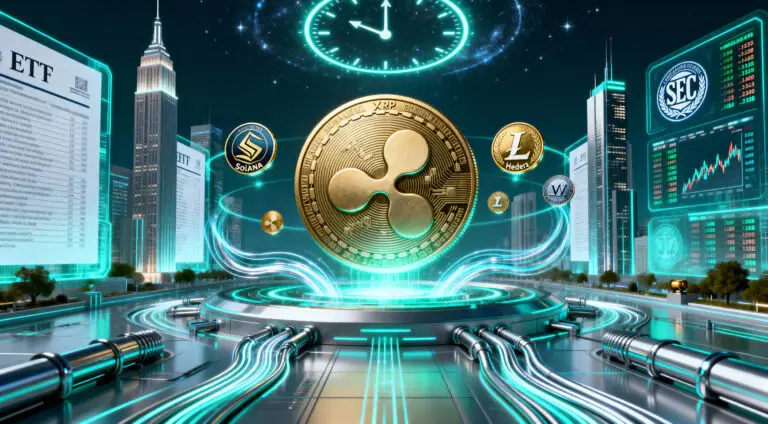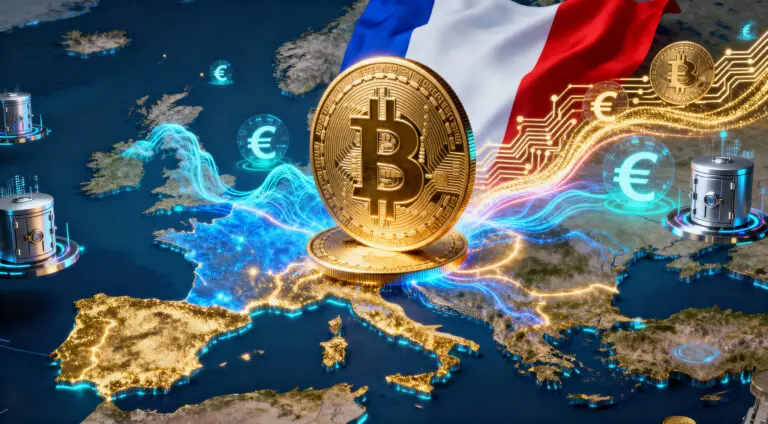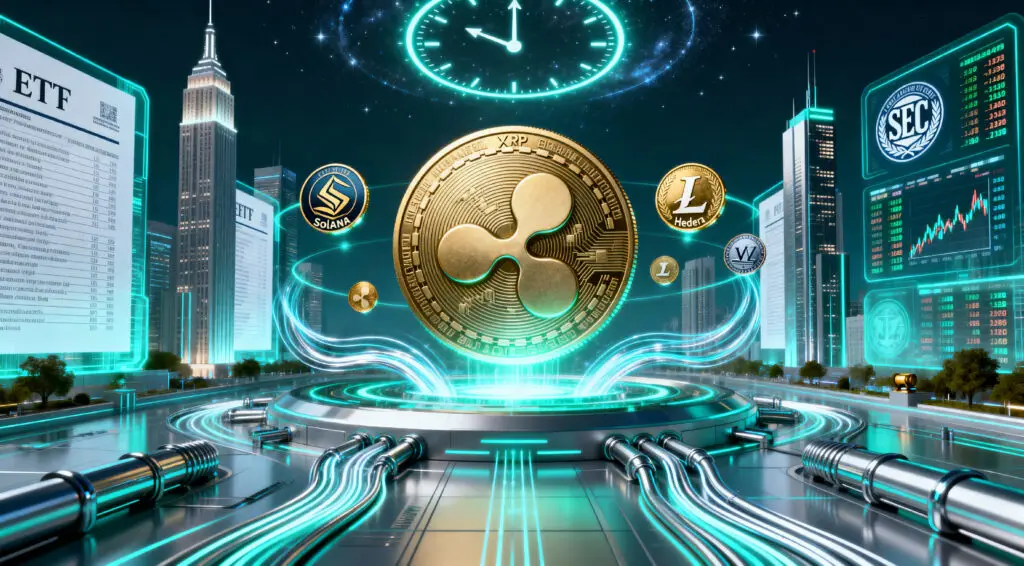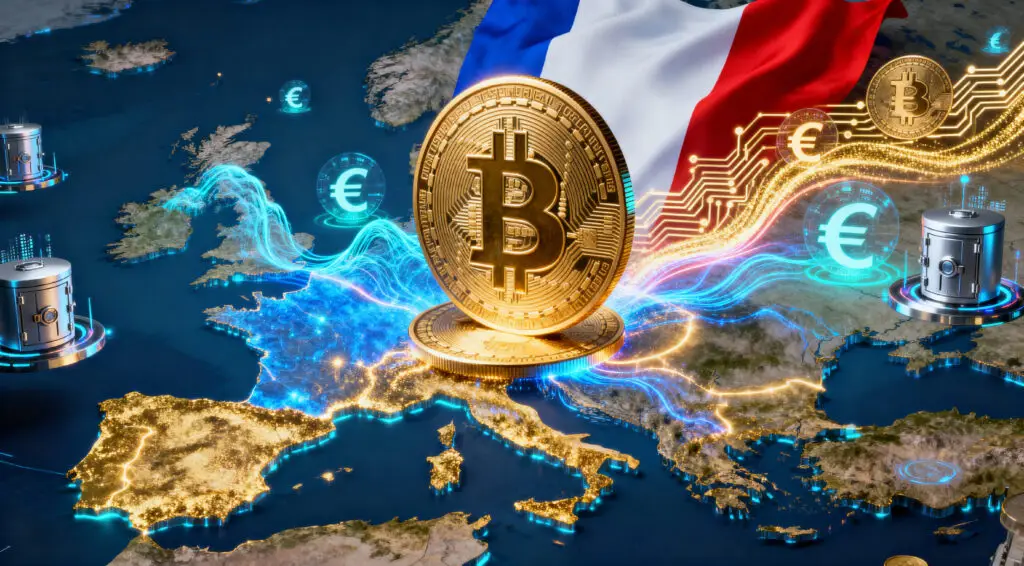Pope Leo XIV has held his first meeting with the world’s cardinals since his election as the head of the Catholic Church. In this significant gathering, he identified artificial intelligence (AI) as one of the most crucial issues facing humanity today. Leo, the first American pope, laid out a vision of his papacy during the meeting at the Vatican on Saturday, May 3. He reportedly told the cardinals who elected him that AI poses challenges to defending “human dignity, justice, and labor,” a view he shares with his predecessor, the late Pope Francis.
Vision for the Papacy and AI Challenge
Pope Leo’s choice of name reportedly reflects his identification with the late Leo XIII, who defended workers’ rights during his 1878-1903 papacy at the dawn of the industrial age. Drawing a parallel to that historical period of technological and societal upheaval, Pope Leo reportedly stated that “social teaching” is now needed in response to the modern-day revolution brought about by AI. This suggests that addressing the societal and ethical implications of AI will be a central theme of his papacy, much like Leo XIII addressed the issues of the industrial revolution.
Legacy of Pope Francis on AI
The late Pope Francis, who died last month, had previously issued warnings regarding AI. Francis warned that AI risked turning human relations into mere algorithms and called for an international treaty to regulate it. The source also notes that Francis warned the Group of Seven (G7) industrialized nations last year that AI must remain human-centric. This focus on maintaining human control included concerns that decisions about when to use weapons or even less-lethal tools should not fall to machines, emphasizing the need for human oversight in critical decisions involving AI.
Continuing Francis’ Vision
In his speech at the Vatican meeting, delivered in Italian, Pope Leo made repeated references to Pope Francis and the mourning over his death. He reportedly stated that the late pontiff left a “precious legacy” for the Church. By making these references and comments, Pope Leo signaled that he would continue with Francis’ vision, indicating a desire for continuity in addressing key global issues and the challenges facing humanity, including the implications of artificial intelligence.
Surprise Visit to Sanctuary
Later on Saturday, Pope Leo made a surprise visit to a sanctuary located south of Rome. This sanctuary is dedicated to the Madonna and holds particular significance for his Augustinian order. People gathered in the town of Genazzano, in the square outside the main church housing the Madre del Buon Consiglio sanctuary, waiting for Leo to emerge. The pontiff reportedly shook hands and offered blessings to a few people in the crowd before entering the shrine. The source notes that Leo previously visited this sanctuary last year when he was a cardinal. The sanctuary has reportedly been a place of pilgrimage since the 15th century and is managed by Augustinian friars.
China Controversy Discussion
During Saturday’s meeting with the cardinals, which took place in the same small Vatican auditorium where the cardinals had gathered in the days before the conclave to discuss who should be the next pope, the situation of Catholics in communist China was reportedly raised as an issue. Czech Cardinal Dominik Duka was cited by the Reuters news agency as mentioning this point. The source provides context regarding the Vatican’s relationship with China, noting that the two signed a controversial deal in 2018 concerning the appointment of bishops in the country.
This deal reportedly gives Beijing some input into the selection process. Conservatives within the Church have reportedly attacked this still-secret deal as a sellout. However, Cardinal Duka told Reuters that the deal was necessary to keep dialogue open in places where the Church is oppressed, providing a rationale for the controversial agreement.
Pope Leo’s Background
Pope Leo XIV is the first American pope and was formerly known as U.S. Cardinal Robert Prevost. He was reportedly a relative unknown on the global stage before his election. He reportedly spent most of his career as a missionary in Peru before serving as a senior Vatican official. His election follows the 12-year papacy of Pope Francis, who often reportedly garnered criticism from conservative cardinals regarding issues such as the inclusion of LGBTQ Catholics and women’s leadership, providing a backdrop of internal debate within the Church during the period leading up to Leo’s election.
Sources and related content















